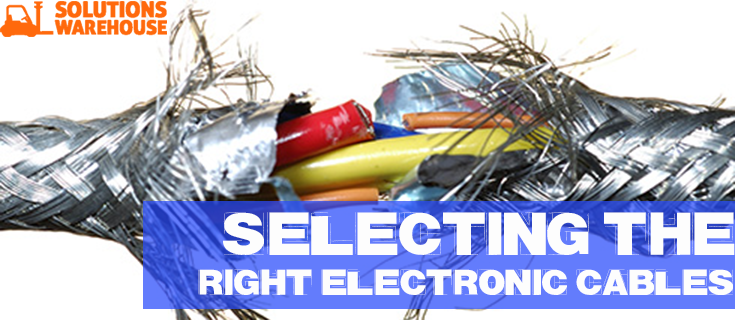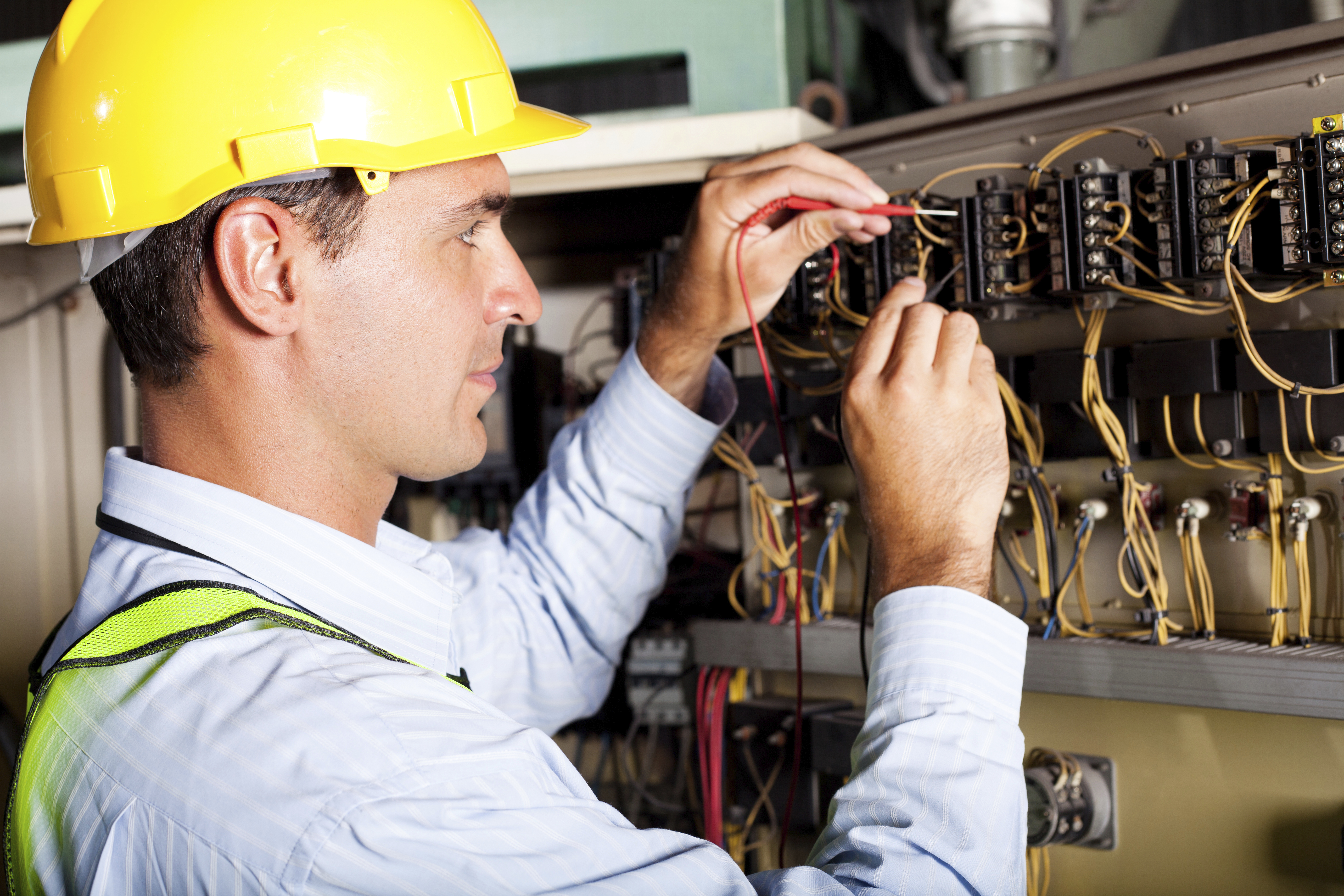 In today’s age of high-efficiency production and processing, thousands of dollars’ worth of automation and monitoring devices and equipment rely on robust cabling solutions to work properly. To ensure reliable signal transmission, you need cabling designed, tested, and proven to meet your application’s high-performance standards. Whether it’s for your controllers, I/O devices, sensor, transducers, or terminal blocks; the right, high-quality electronic cable is essential. Many manufacturers may try to save money initially by buying cables with a lower up-front cost, or cables that simply don’t meet the requirements of the application. In the end, this can be a terribly expensive mistake. While the savings on the front-end may be tempting, there are many ways that the wrong cables can end up costing you far more money in the long run. How? These cables simply cannot withstand the environmental conditions they face each day. Keep the following in mind when you’re selecting the best electronic cables for your application:
In today’s age of high-efficiency production and processing, thousands of dollars’ worth of automation and monitoring devices and equipment rely on robust cabling solutions to work properly. To ensure reliable signal transmission, you need cabling designed, tested, and proven to meet your application’s high-performance standards. Whether it’s for your controllers, I/O devices, sensor, transducers, or terminal blocks; the right, high-quality electronic cable is essential. Many manufacturers may try to save money initially by buying cables with a lower up-front cost, or cables that simply don’t meet the requirements of the application. In the end, this can be a terribly expensive mistake. While the savings on the front-end may be tempting, there are many ways that the wrong cables can end up costing you far more money in the long run. How? These cables simply cannot withstand the environmental conditions they face each day. Keep the following in mind when you’re selecting the best electronic cables for your application:
Electrical Performance
Electrical performance is key to high-quality electronic cables, especially in two areas: capacitance and impedance.
- Capacitance – Iif your electron cable’s capacitance is too high, it can’t relay signals properly over the distance needed. Without the ability to meet the requirements for your application’s distance, the signal becomes weak and unreliable.
- Impedance – :Similarly, correct impedance is essential to proper cable performance. If impendence of the cable does not match control system requirements, then signal reflections that weaken and corrupt the signal could result.

Physical Toughness
Strong electrical performance is not enough if the physical toughness fo the cables is not up to par. The food and beverage industry is a great example. The quality of electronic cables can be degraded by many environmental factors, including:
- Oil and grease – In food and beverage manufacturing, the oils from the machinery, as well as from the ingredients themselves, can end up on electronic cables. These oils penetrate the cable jackets; damaging the insulation and resulting in reduced performance or failure.
- Cold temperatures – When dealing with food or beverages, refrigeration and freezer space is critical. The extreme cold, however, can cause cable jackets and insulation to stiffen and crack when bent or if an unexpected impact occurs. The degraded cable then fails to transmit signals as specified.
Cable Life
Can your cables endure the stress associated with the life of installation? This is essential to electronic cable performance. If the cables will not last as long as expected, you’ll end up wasting time and money replacing them. The automotive manufacturing industry is a prime example for this. Cables used in this application scenario endure stress, such as:
- Flexing and bending – This does not necessarily mean the stress associated with continuous flex applications, but simply the flexing that happens over the normal lifespan of an electronic cable. When used on an assembly line or on the equipment often found in the automotive industry (where movement and vibrations are frequent), even normal flexing can cause “low-cost” cables to break down and fail.
- Elevated temperatures – If the cable control cabinet is placed near heat or is frequently exposed to it, as is common in this industry, cables must have the capability to withstand heat over long periods of time. If the cable is not appropriate for the environment, over time the heat makes the cable brittle and susceptible to breaking and failing.
Given the common risks that can occur when selecting electronic cables, you should put yours to the test. Could they withstand the situations mentioned above? And more importantly, can you afford the consequences if your cables fail? CBT partner, Belden, has a wide range of electronic cables tailored to meet the needs of any application. They recently put their popular Belden 8760 to the test–see those results here. For further guidance on selecting the right electronic cable for your application, contact your CBT specialist today.












